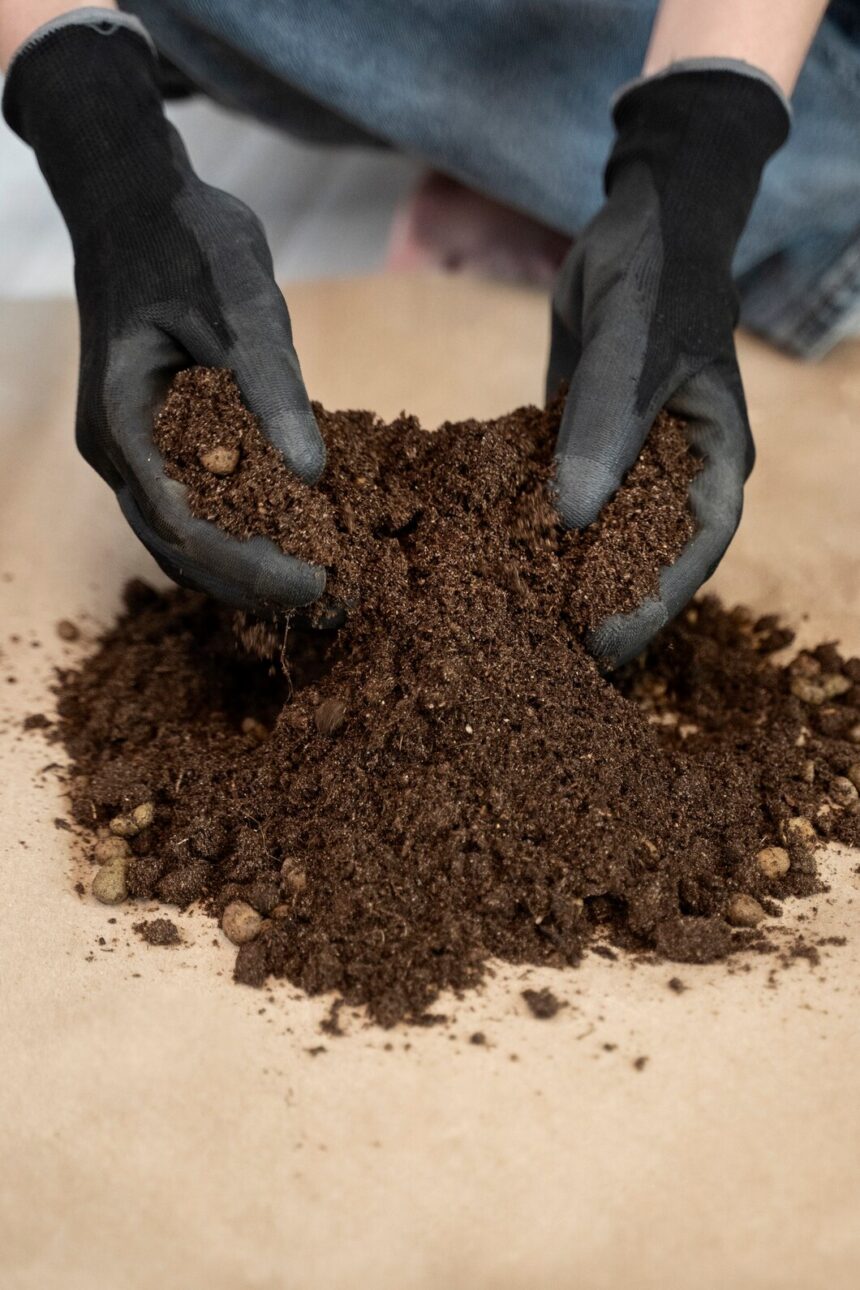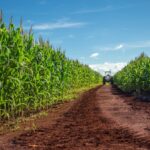Soil testing is a critical practice for successful farming, particularly in South Africa where diverse soil types and variable climatic conditions can influence crop growth. Understanding the characteristics of your soil allows you to make informed decisions about nutrient management, pest control, and overall farm productivity. Here’s why soil testing is essential and how South African farmers can effectively conduct it.
Why Soil Testing is Important
- Optimizes Nutrient Management
Soil testing reveals the levels of essential nutrients such as nitrogen, phosphorus, and potassium in your soil. This information helps farmers apply the correct amount of fertilizers, reducing the risk of over-fertilization and ensuring crops receive the nutrients they need for optimal growth. - Prevents Soil Degradation
Regular soil testing helps monitor soil health and identify issues such as nutrient imbalances, acidity, or salinity. Addressing these problems early can prevent soil degradation and maintain long-term soil fertility. - Enhances Crop Yield
By understanding soil conditions, farmers can tailor their farming practices to better meet the needs of their crops. This targeted approach can lead to improved crop yields and quality. - Improves Water Efficiency
Soil tests can reveal information about soil texture and structure, which affects water retention and drainage. This knowledge helps in designing effective irrigation systems and managing water resources efficiently. - Reduces Environmental Impact
Accurate soil testing helps in applying fertilizers and pesticides precisely, reducing the risk of runoff and environmental pollution. This practice contributes to sustainable farming and helps protect local ecosystems.
How to Conduct Soil Testing
- Choose the Right Time
The best time for soil testing is usually before planting or at the end of the growing season. This allows you to make adjustments before the next planting cycle. - Select a Representative Sample
Collect soil samples from different areas of your field to get a representative mix. Avoid sampling near old fertilizer or manure piles, as these areas may not reflect the average soil condition. - Use Proper Sampling Tools
Use a clean soil auger or trowel to collect samples. Avoid using tools that have come into contact with chemicals or fertilizers to prevent contamination. - Follow Proper Sampling Techniques
Take samples from the top 15-20 cm of soil, as this is where most plant roots are found. Collect samples from several locations within the field and mix them together to form a composite sample. - Label and Prepare Samples
Place the soil samples in clean, labeled bags or containers. Ensure they are dry and free from debris before sending them to a laboratory for analysis. - Send Samples to a Reputable Laboratory
Choose a laboratory that specializes in soil testing and provides comprehensive analysis, including nutrient levels, pH, and soil texture. In South Africa, several agricultural extension services and private labs offer soil testing services. - Interpret Results
Once you receive the results, review them carefully to understand the nutrient levels, pH, and other soil characteristics. Many laboratories provide recommendations based on your soil test results, which can guide your fertilization and soil management practices. - Implement Recommendations
Based on the soil test results, adjust your fertilization, liming, and soil management practices. Follow the recommendations to address any nutrient deficiencies or imbalances and improve soil health. - Monitor Soil Health Regularly
Soil testing should be a regular part of your farming practices. Conduct tests periodically to track changes in soil conditions and make necessary adjustments to your management strategies. - Consult with Experts
If you’re unsure about interpreting soil test results or implementing recommendations, consult with agricultural extension officers or soil scientists. They can provide valuable advice and help you optimize your soil management practices.
Soil testing is an indispensable tool for South African farmers aiming to enhance crop productivity and maintain soil health. By understanding your soil’s nutrient profile and addressing any issues identified through testing, you can make informed decisions that lead to more efficient and sustainable farming practices. Regular soil testing not only supports better crop yields but also contributes to the long-term health and fertility of your soil.
Join 'Farmers Mag' WhatsApp Channel
Get the latest Farming news and tips delivered straight to your WhatsApp
CLICK HERE TO JOIN






